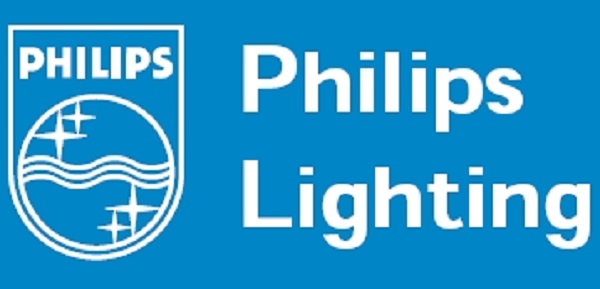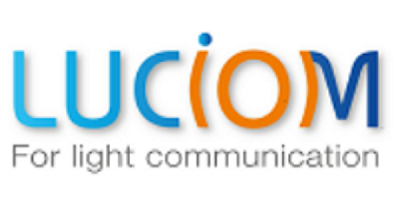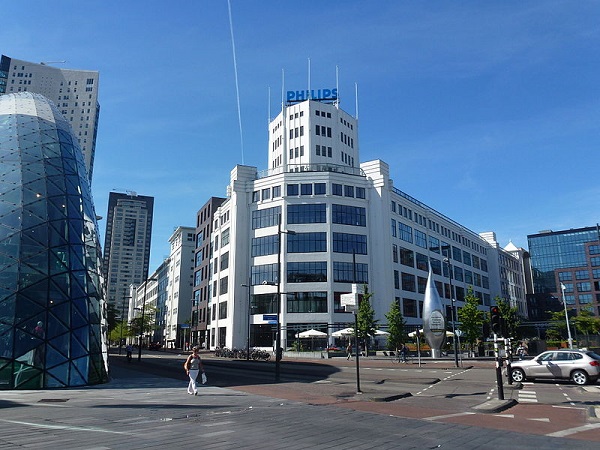While the public fixed their eyes on Osram’s deal with the Chinese consortium, another acquisition secretly took place in Europe. Philips, the Dutch lighting giant recently focusing on healthcare technology, last year privately bought Luciom and relocated it from France to Eindhoven, Netherland, reported LEDs Magazine.
 |
|
(Philips Lighting/ LEDinside) |
A Philips spokesman confirmed that Philips procured Luciom, a petite French company specialising in visible light communication (VLC), at the end of 2016 and the staff at Luciom are now under Philips’ employment.
Luciom, originally based in Colombelles in northern France, moved to Eindhoven, where Philips Lighting headquarters are situated. Whether Luciom’s eight employees will still work under the Luciom banner after the procurement remains unknown.
 |
|
(Luciom/ LEDinside) |
Refusing to disclose what exactly is under the Luciom team’s current research, the Philips spokesman, however, told that the two companies will together ‘study a number of technologies that could enable existing and new lighting technologies.’ On the other hand, Michel Germe, Luciom chief executive, did not comment with regard to it.
Philips’ move to acquire Luciom is believed as part of Philips’ cultivation of its capabilities in Li-Fi, the lighting technology transferring data through lights at a incredibly fast speed.
As observed, Li-Fi, or Light Fidelity, one of VLC technologies that enables data and information to travel by riding visible lights, is still at an incipient stage which only pilot implementations from a few companies, including Luciom, can be seen. Philips’ investment in Luciom is anticipated to realize and commercialize Luciom’s technology. Despite technical limitations, once Li-Fi matures,it would complement Wi-Fi by expanding much more frequency to Internet use. For nations with large and wide territory, Li-Fi, with its wide spectrum of LED or laser lights, would bring better and faster Internet experience to the citizens.
The technology of Luciom that is most-talked about is a ‘tagging’ scheme. The solution refers to an one-way LED light indoor-positioning system in which lights identify themselves, sending information with a small amount of light to computers, appliances,and other devices. Several retailers are trialing the one-way VLC technology to attract customers to their stores and even guide them to promotions. A Carrefour store in France, Target in the States, and Aswaaq, a Dubai-based retail chain, are reported to be on the list; whereas, the identity of the VLC system supplier has never been revealed.
 |
|
Philips Lighting headquarters in Eindhoven, Netherland (Wikipedia/ LEDinside) |
Philips is reported to have bought Luciom for less than EUR 10 million. The pricing was possibly in part affected by that Philips brought up patent infringement queries related to Luciom.
Another thing worth noting is that the acquisition, for Luciom and Germe, is kind of a ‘back to where it begins’ consequence, for Germe used to work as an LED lighting architect at NXP Semiconductors, where Luciom evolved from and was actually a division of Philips before 2006.













